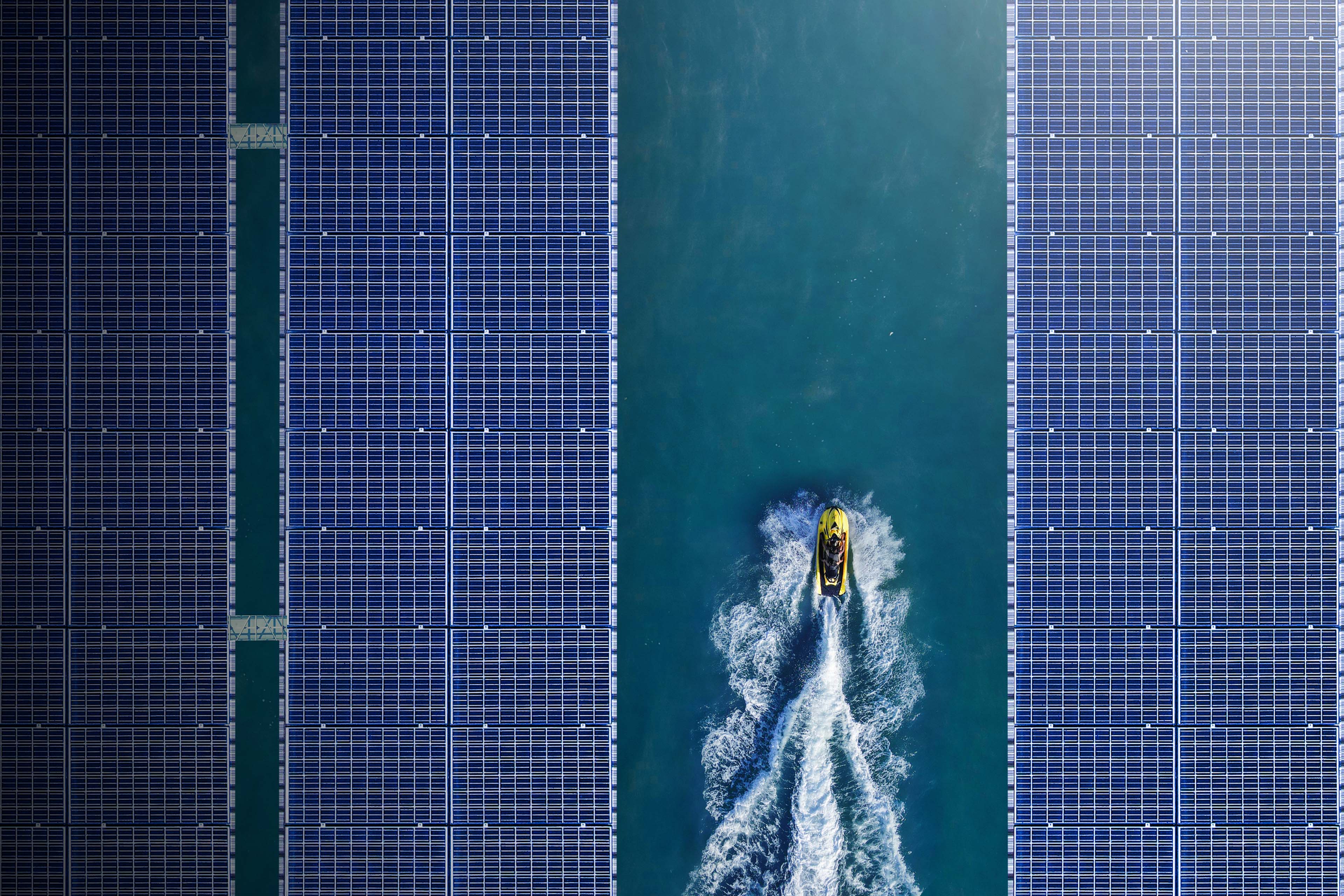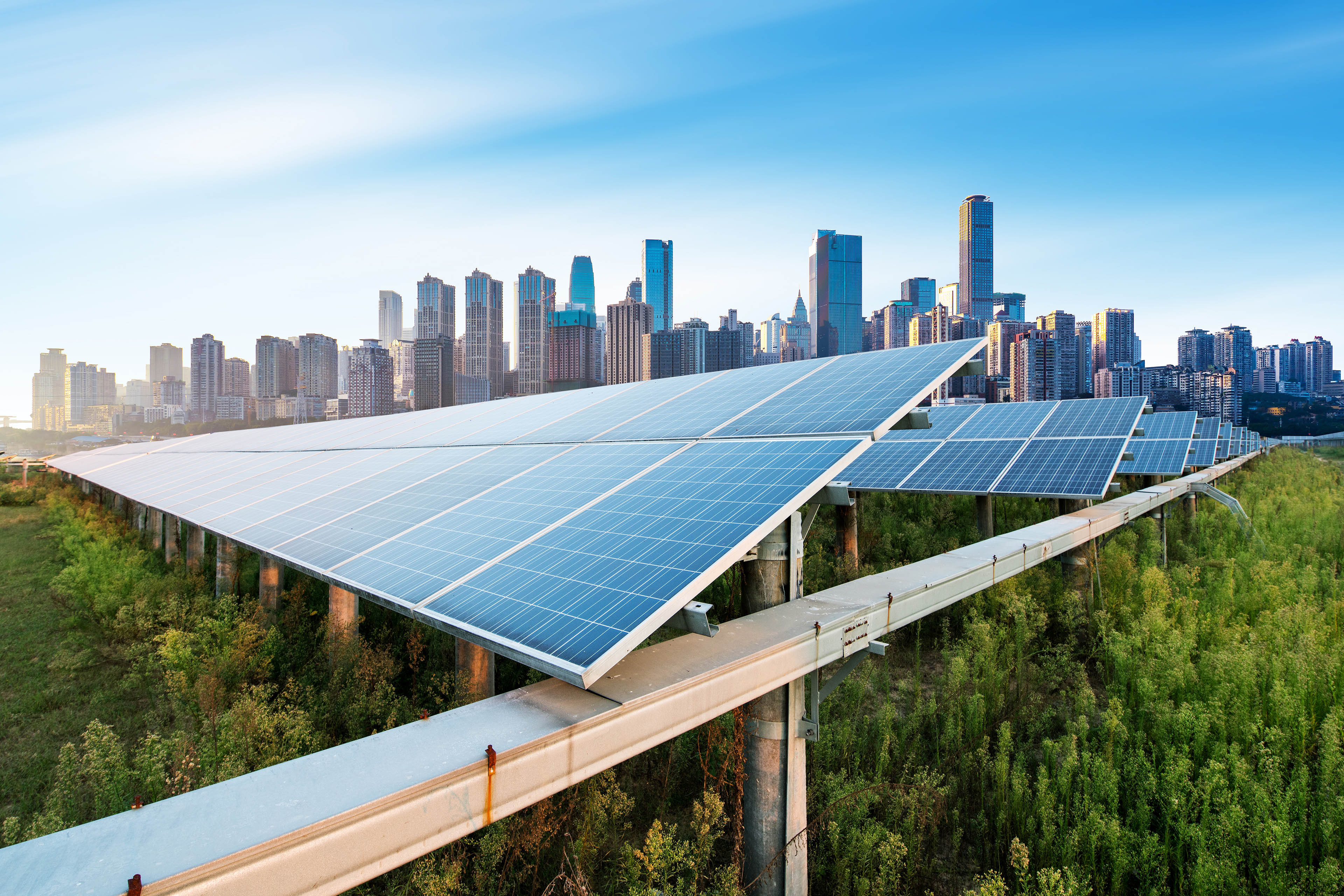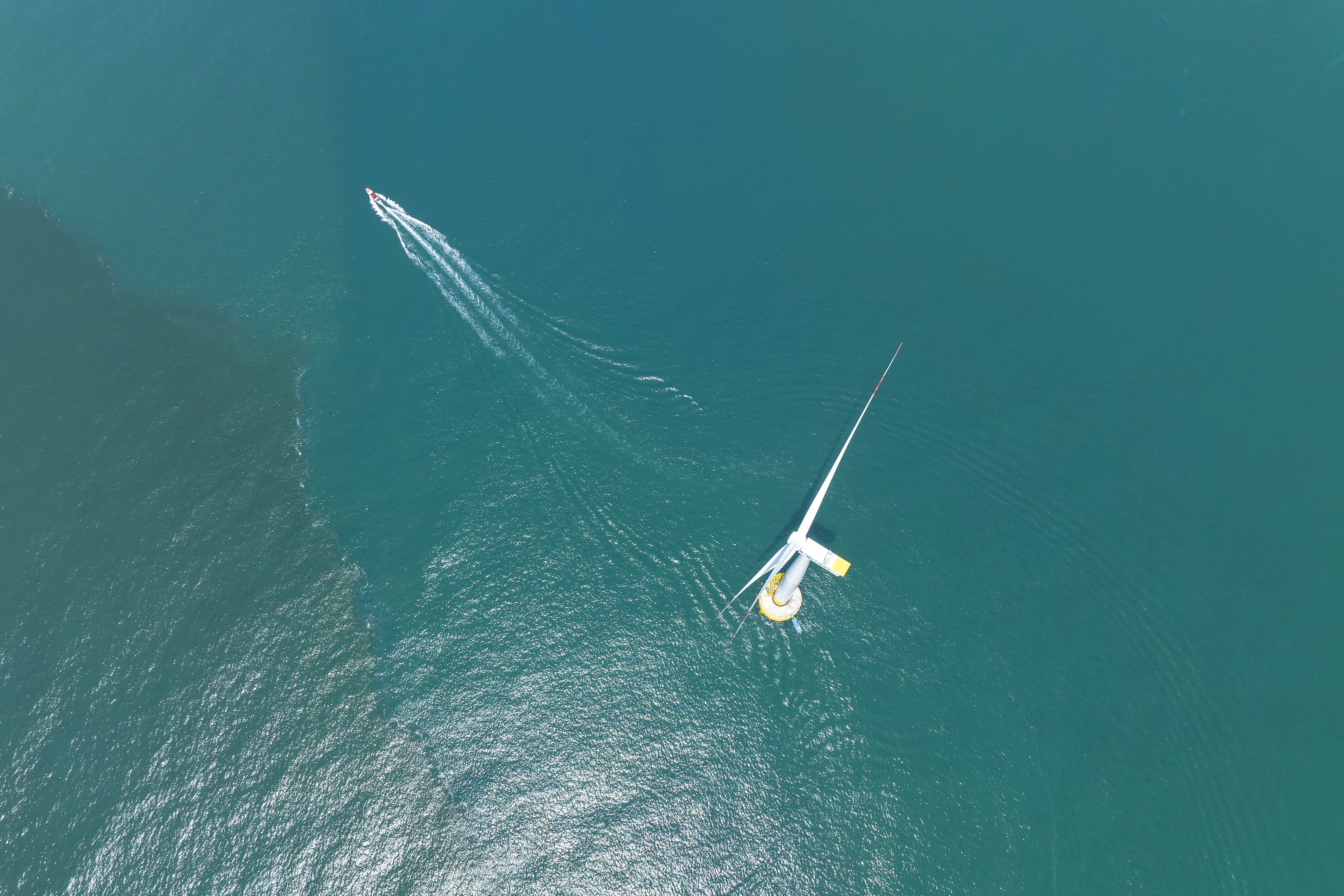EY refers to the global organization, and may refer to one or more, of the member firms of Ernst & Young Global Limited, each of which is a separate legal entity. Ernst & Young Global Limited, a UK company limited by guarantee, does not provide services to clients.
Volatile conditions accelerate global renewables market – EY research
- The US and China hold top positions on renewables index as governments accelerate their renewables programs
- Morocco, Chile and Portugal surpass expectations in the new normalized index
- Corporate power purchase agreements remain strong despite high power prices and market volatility
The latest EY Renewable Energy Country Attractiveness Index (RECAI 60) show that governments around the world are accelerating their renewables programs to help reduce their reliance on imported energy, in the face of continuing geopolitical tensions and economic uncertainty. Launched today to coincide with Energy Day at COP27, RECAI 60 ranks the world’s top 40 markets on the attractiveness of their renewable energy investment and deployment opportunities.
Index highlights
The US retains its top position due to the Inflation Reduction Act passed in August 2022, which is viewed as a game changer for its green hydrogen industry. At number two, China remains committed to accelerating its renewable energy transition as it seeks to bring emissions to a peak by 2030 and achieve net-zero emissions by 2060. Germany climbs one place to third position as the renewables sector, boosted by its Easter package commitment, is expected to triple its expansion within a decade.
The UK, having lost its top ranking for installed offshore wind capacity this year to China, has moved down one spot to fourth. However, the country does boast a large pipeline, with offshore wind featured prominently in the government’s energy strategy. Netherlands has entered the top 10 of the RECAI index with its ambitious clean energy agenda, which includes a 70GW offshore wind target by 2050. Other notable markets include Greece, with a very strong performance driven by new targets of 15GW of new clean energy by 2030 and 2GW of offshore wind in the same timeframe. And Indonesia is a new entrant into the top 40 following new legislation to encourage renewable use.
Ben Warren, EY Global Power & Utilities Corporate Finance Leader and RECAI Chief Editor, says:
“Energy transition remains at the top of the agenda for government and business, made all the more urgent in light of the significant challenges facing the global energy market. This is reflected in the remarkable commitments made across global markets to drive uptake of renewable energy sources and reduce reliance on gas imports.”
Presenting the first normalized RECAI ranking
RECAI uses various criteria to compare the attractiveness of renewables markets, such as magnitude of development pipeline, that reflect the absolute size of the renewable investment opportunity. Hence, the index naturally benefits large economies. This edition includes a new one-off index, which normalizes gross domestic product (GDP), thereby showcasing markets that are performing above expectations for their GDP.
Morocco (normalized RECAI ranking:1, RECAI ranking:19) is making use of its topographical features to build flexibility into its power system, with wind expected to overtake solar in the coming decade and pumped storage hydropower being developed in its mountainous areas. Green hydrogen, meanwhile, is seen as a key aspect of decarbonization in Chile (normalized RECAI ranking: 5, RECAI ranking: 17), which hopes to become a top exporter of the fuel. And Portugal (normalized RECAI ranking: 8, RECAI ranking: 25) is a good example of the importance of government commitment to renewables.
Arnaud de Giovanni, EY Global Renewables Leader, says:
“The RECAI ranking highlights the most attractive global renewables markets with larger capital flows and capacity. The normalized index shines a light on smaller markets with a strong commitment to renewable energy – demonstrated through supportive government policy and strong project economics – creating attractive alternatives for potential investors.”
PPA index: despite current market conditions, fundamentals remain strong for further global market expansion
The report highlights that following an extended period of exponential growth – due to record high power prices and extreme market volatility – the volume of power generation committed through corporate Power Purchase Agreements (PPAs) in 2022 is set to be less than 2021, although it is expected to be greater than 2020. Spain remains a top PPA market, accounting for around a third of new PPA capacity in Europe in 2022 so far. India jumps into the top ten following policy changes to give more flexibility and clarity to offtakers.
Bolstering global energy resilience
RECAI 60 further highlights that the need for energy resilience has never been more urgent. Ramping up renewable generation, accelerating energy diversification and increasing energy storage are global priorities. With this comes another testing proposition: how to accelerate the integration of increasing amounts of renewable energy into grids.
Arnaud de Giovanni says: “To reach net zero, the integration of renewables must improve significantly. Distributed energy resources have a vital role to play in allowing a range of green energy sources to be integrated into the grid. Additionally, investment in smart grids will be key to securing energy supplies and getting the world to net zero by 2050.”
For the RECAI top 40, the normalized RECAI ranking and the PPA index, as well as an analysis of the latest renewable energy developments across the world, visit ey.com/recai.
-ends-
Notes to Editors
About EY
EY exists to build a better working world, helping to create long-term value for clients, people and society and build trust in the capital markets.
Enabled by data and technology, diverse EY teams in over 150 countries provide trust through assurance and help clients grow, transform and operate.
Working across assurance, consulting, law, strategy, tax and transactions, EY teams ask better questions to find new answers for the complex issues facing our world today.
EY refers to the global organization, and may refer to one or more, of the member firms of Ernst & Young Global Limited, each of which is a separate legal entity. Ernst & Young Global Limited, a UK company limited by guarantee, does not provide services to clients. Information about how EY collects and uses personal data and a description of the rights individuals have under data protection legislation are available via ey.com/privacy. EY member firms do not practice law where prohibited by local laws. For more information about our organization, please visit ey.com.
Related news
Volatile conditions accelerate global renewables market – EY research
LONDON, 15 NOVEMBER 2022 The latest EY Renewable Energy Country Attractiveness Index (RECAI 60) show that governments around the world are accelerating their renewables programs to help reduce their reliance on imported energy, in the face of continuing geopolitical tensions and economic uncertainty.
LONDON, 13 JUNE 2023 The drive for energy security and a recessionary environment means the renewables industry has never had a better opportunity to accelerate, according to the latest EY Renewable Energy Country Attractiveness Index (RECAI).
LONDON, 5 DECEMBER 2023 Changes to the energy system have reached critical momentum and will continue to accelerate over the next decade, but several handbrakes pose a serious risk and could stall progress, according to the new EY report, If every energy transition is different, which course will accelerate yours?
LONDON, 14 NOVEMBER 2023 Turbulent times in the offshore wind sector could change the way large-scale energy projects are built and funded in the future, according to the latest EY Renewable Energy Country Attractiveness Index (RECAI).
LONDON, 12 OCTOBER 2023. Mining executives rank Environmental, social and governance (ESG) as the biggest risk to their business, according to the EY Top 10 business risks and opportunities for mining and metals in 2024 report.
US gains ground in electric vehicle readiness, but China and Norway remain out in front
LONDON, 9 September 2023. China has retained the pole position when it comes to progress toward an electric vehicle (EV) future, according to the latest EY Electric Vehicle Country Readiness Index.
Wavering consumer confidence could stall the energy transition, new index finds
LONDON, 26 April 2023. The energy transition is in full swing, but are consumers convinced of the benefits? Wavering consumer confidence may stall progress, according to a new Energy Consumer Confidence Index (ECCI) published today.
LONDON, 25 APRIL 2023. Extreme E has published its second Sustainability Report, compiled and produced in collaboration with EY.











